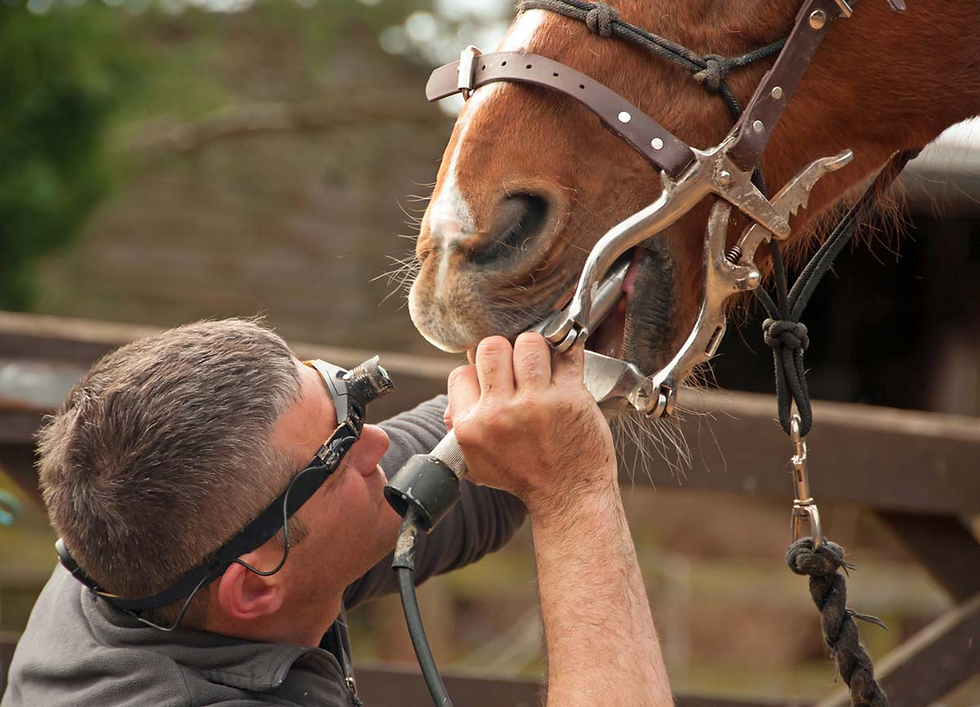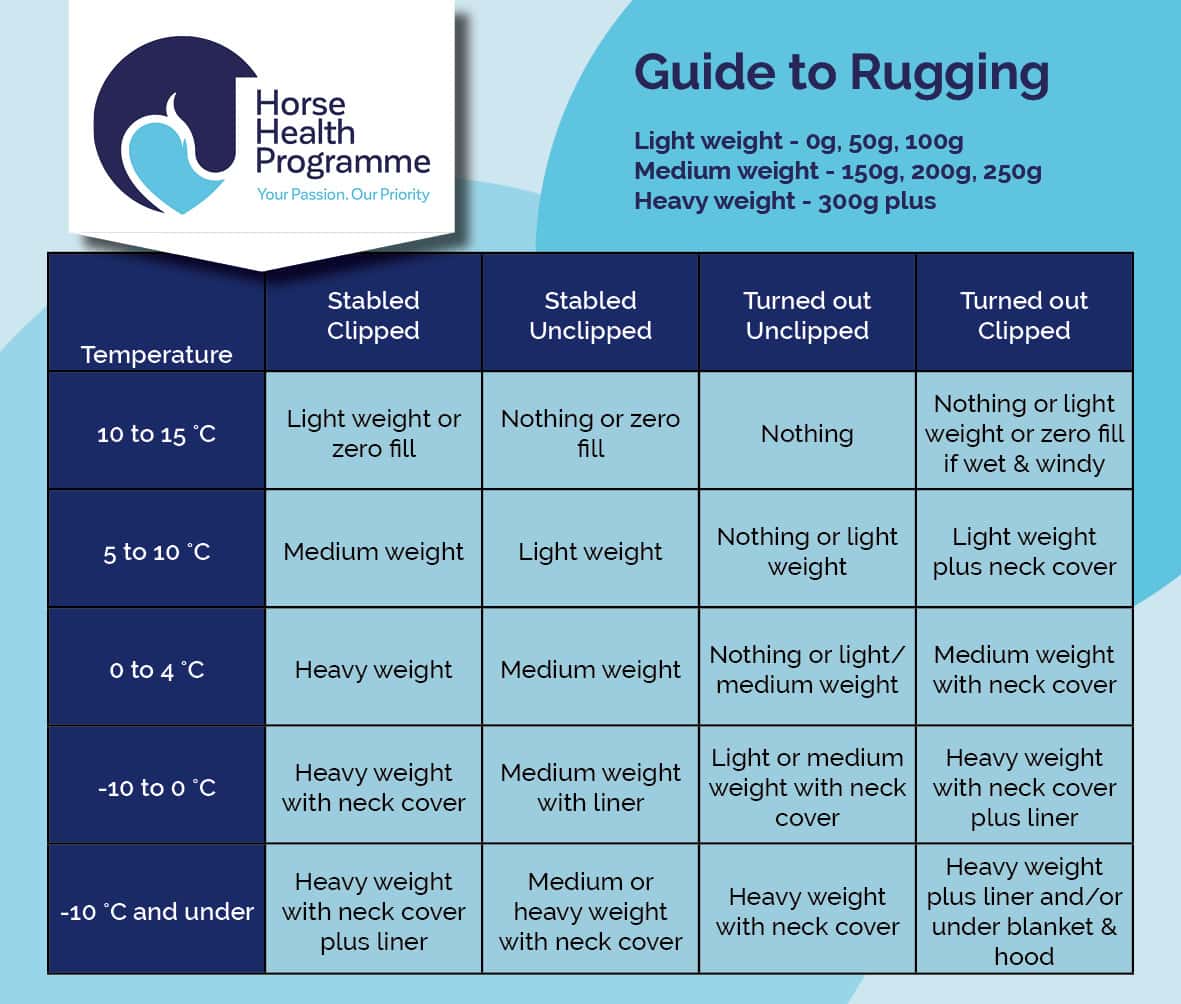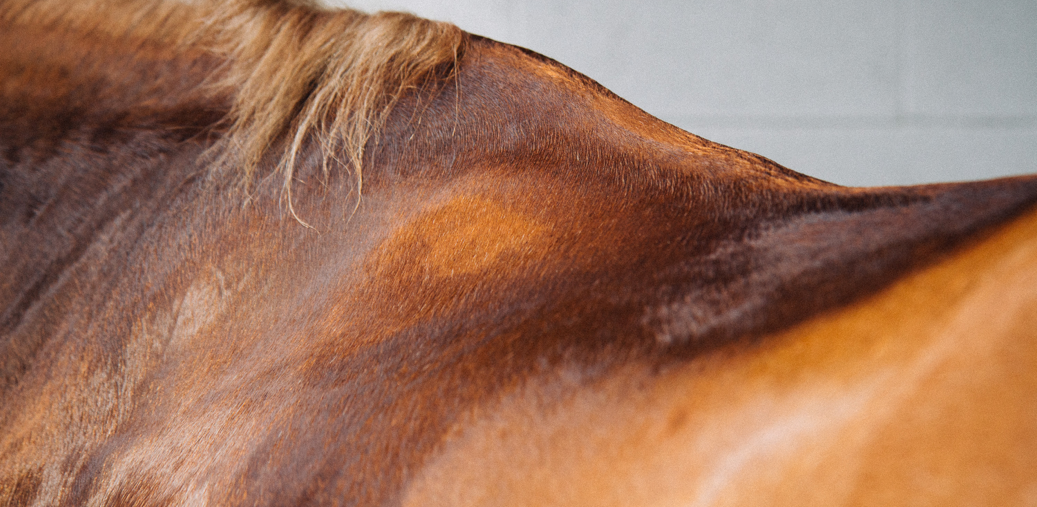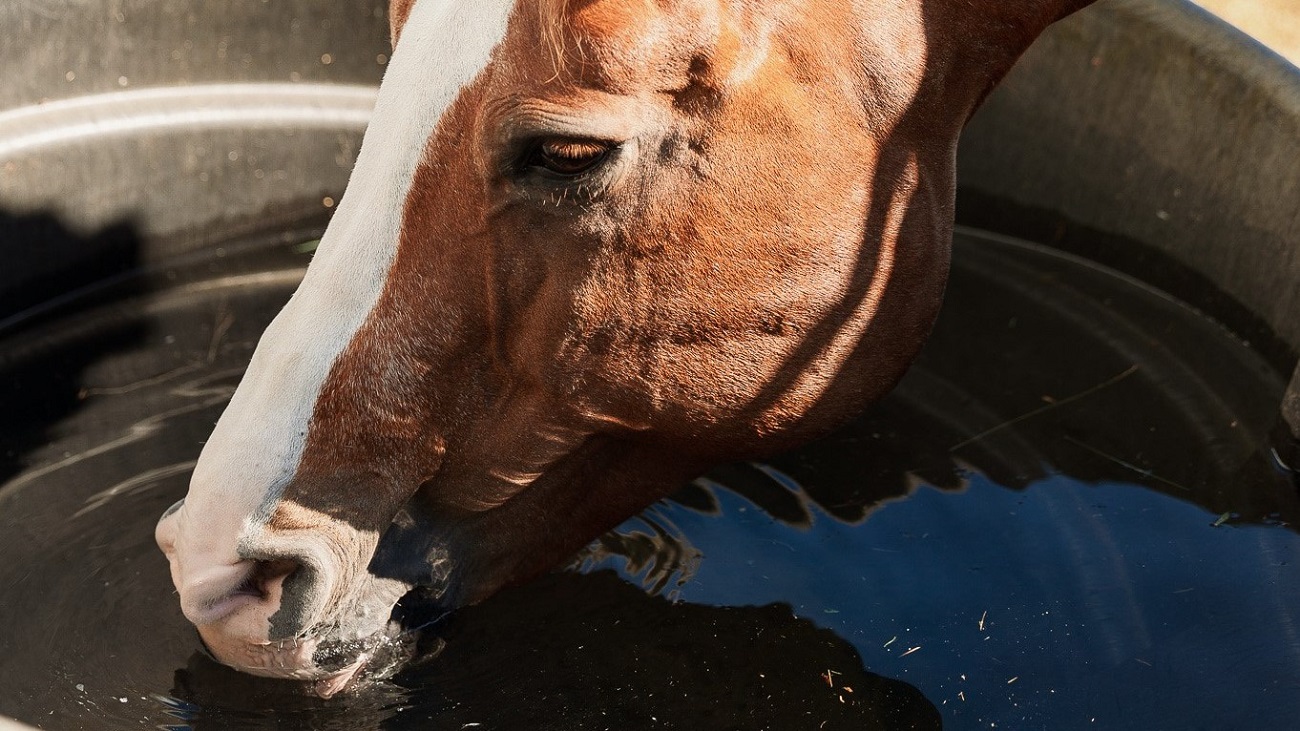Signs of Dehydration in Horses

Dehydration in horses is a serious condition that can affect their health and performance. Recognizing the signs early is crucial for timely intervention and treatment. This article explores the common signs of dehydration in horses, how to assess hydration status, and preventive measures.
What is Dehydration in Horses?

Dehydration occurs when a horse loses more fluids than it takes in, leading to an imbalance of electrolytes and impaired bodily functions. Causes include excessive sweating, diarrhea, inadequate water intake, or illness.
Common Signs of Dehydration

| Sign | Description | How to Check |
|---|---|---|
| Dry Mucous Membranes | Gums and inside of the mouth appear dry and sticky instead of moist. | Lift the horse’s lip and observe. |
| Skin Tent Test | Skin loses elasticity; when pinched, it stays tented instead of snapping back quickly. | Pinch the skin on the neck or shoulder and release. |
| Sunken Eyes | Eyes appear dull and recessed into the sockets. | Visual inspection. |
| Increased Heart Rate | Heart beats faster as the body tries to compensate for fluid loss. | Use a stethoscope or palpate the chest. |
| Lethargy and Weakness | The horse shows reduced energy and reluctance to move. | Observe behavior and activity levels. |
| Reduced Urine Output | Less frequent urination or darker urine color. | Monitor urination patterns. |
How to Perform the Skin Tent Test
- Gently pinch a fold of skin on the horse’s neck or shoulder.
- Release the skin and observe how quickly it returns to its normal position.
- If the skin remains tented for more than 2 seconds, it indicates dehydration.
Preventing Dehydration
- Ensure constant access to clean, fresh water.
- Provide electrolytes during hot weather or intense exercise.
- Monitor horses closely during illness or heat stress.
- Maintain a balanced diet to support hydration.
Frequently Asked Questions (FAQ)
Q1: How much water does a horse need daily?
A: On average, a horse drinks 5 to 10 gallons of water per day, depending on size, diet, and activity level.
Q2: Can dehydration cause colic in horses?
A: Yes, dehydration can lead to impaction colic due to reduced gut motility.
Q3: When should I call a vet for dehydration?
A: If signs are severe or persist despite providing water, or if the horse shows other symptoms like fever or diarrhea.
By understanding and recognizing these signs, horse owners can act promptly to prevent serious health issues related to dehydration.
